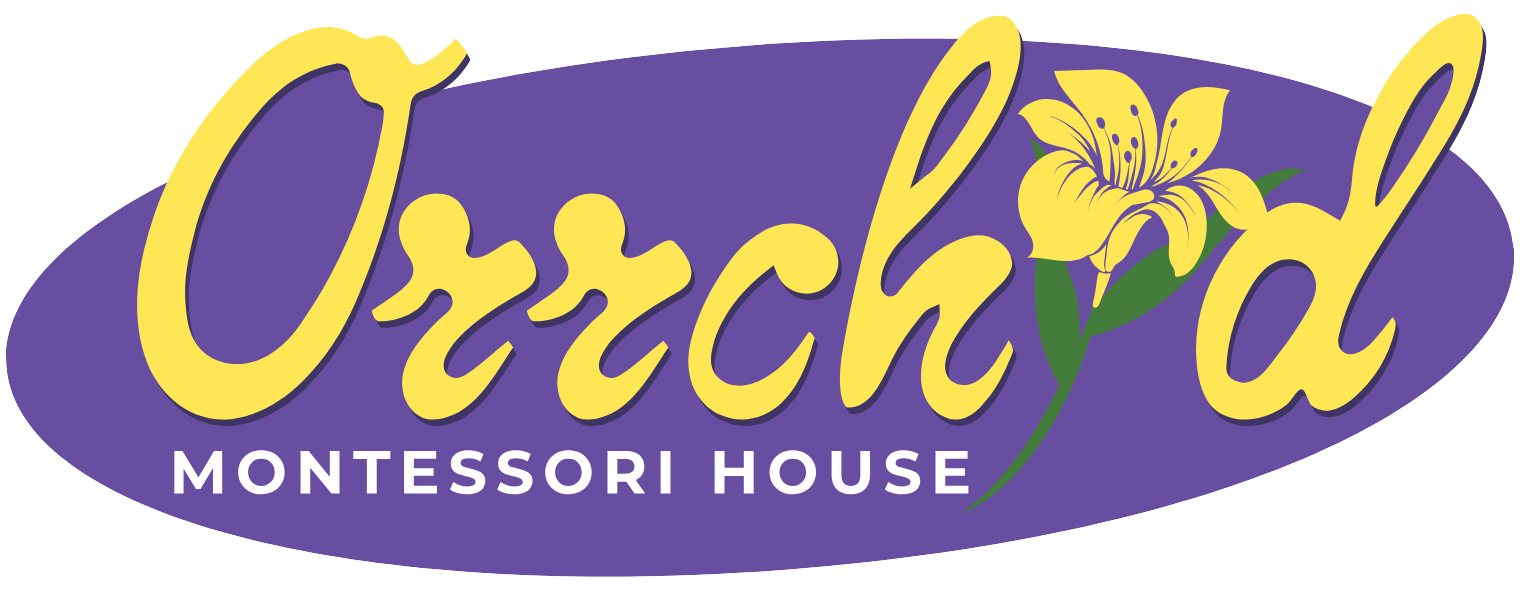What Makes Montessori Education Unique?
Montessori education is renowned for its distinctive approach to early childhood learning, which emphasizes independence, self-paced growth, and respect for a child’s natural development. Pioneered by Dr. Maria Montessori over a century ago, this educational philosophy continues to be a popular choice for parents seeking an alternative to traditional education. In this blog, we will explore what sets Montessori education apart and why it remains a unique and effective approach to nurturing young minds. 1. Child-Centered Learning Environment One of the hallmarks of Montessori education is its child-centered approach, where the environment is thoughtfully prepared to meet the developmental needs of the children. Classrooms are designed to be inviting and organized, with materials arranged within reach to encourage exploration and independence. The furniture is child-sized, allowing freedom of movement, and activities are set up to enable children to choose tasks based on their interests. This environment supports self-directed learning, helping children build confidence as they explore at their own pace. 2. Hands-On Learning with Purposeful Materials Montessori classrooms feature specialized, hands-on materials that are designed to foster learning through direct experience. These materials are unique in that they isolate one concept at a time, making it easier for children to grasp complex ideas by manipulating objects. For example, the use of sensorial materials helps refine the senses, while practical life activities, such as pouring water or buttoning clothes, teach essential life skills. This hands-on approach makes abstract concepts more accessible and helps children internalize knowledge more deeply. 3. Emphasis on Independence and Responsibility A core principle of Montessori education is fostering independence from an early age. Children are encouraged to take responsibility for their own learning by choosing tasks, completing them, and then returning materials to their original place. This promotes a sense of ownership over the learning process and helps build self-discipline. Moreover, children learn to take care of their environment by cleaning up after themselves and helping maintain classroom order. These practices instill a sense of responsibility and lay the foundation for lifelong skills. 4. Mixed-Age Classrooms for Peer Learning Montessori classrooms are often structured with mixed-age groups, typically spanning three years, allowing younger children to learn from older peers and older children to reinforce their knowledge by mentoring younger classmates. This creates a collaborative learning environment where children develop social skills, empathy, and a sense of community. Mixed-age classrooms also allow children to progress at their own pace, free from the limitations of rigid age-based expectations. 5. Focus on the Whole Child – Academic and Emotional Development Montessori education goes beyond academics to nurture the development of the whole child—physically, intellectually, socially, and emotionally. The curriculum is designed to cater to various aspects of development, such as language, math, cultural studies, and practical life skills, while also addressing emotional growth. Activities like role-playing, storytelling, and group discussions help children understand their emotions and develop social skills. This holistic approach ensures that children are not only academically prepared but also emotionally resilient and socially adept. 6. Teacher as a Guide, Not an Instructor In Montessori classrooms, teachers, often referred to as Directresses, act as guides rather than traditional instructors. Their role is to observe each child’s interests and developmental stage and introduce materials or activities accordingly. This individualized guidance allows children to learn at their own pace, without pressure, and ensures that they are challenged without being overwhelmed. The teacher’s role is to support the child’s natural curiosity and encourage exploration, rather than dictating what and how to learn. 7. Freedom Within Limits While Montessori education promotes independence, it is also built on the concept of “freedom within limits.” This means children are free to choose activities and work at their own pace, but they must also follow certain rules, such as respecting others and caring for the environment. This balance between freedom and structure helps children develop self-regulation and understand the boundaries of acceptable behavior. Conclusion Montessori education stands out for its unique philosophy that values a child’s natural development, fostering independence, responsibility, and a love for learning. By providing a child-centered environment, purposeful materials, and mixed-age classrooms, it creates an atmosphere where children can thrive academically, socially, and emotionally. The Montessori approach continues to be a meaningful choice for parents who seek a holistic education that prepares children for a lifetime of growth and exploration. Montessori education is more than just a learning method; it’s a philosophy that nurtures the whole child, setting them on a path toward lifelong success.
What Makes Montessori Education Unique? Read More »
Montessori Philosophy

